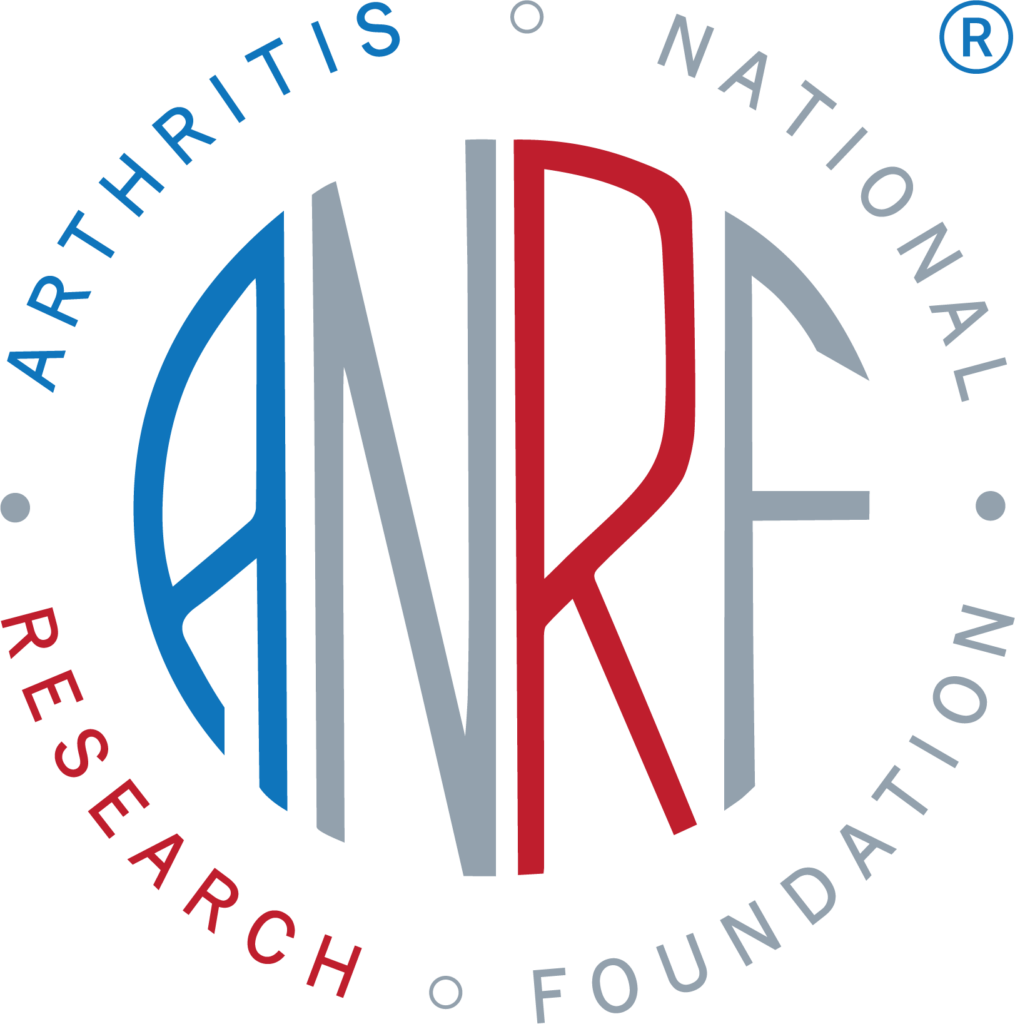2010-2011
The following is a description of a study from one of the many researchers that our organization has funded.
Mechanisms of Action of the Transcription Factor T-bet in Dendritic Cells
Jingsong Wang, M.D.
Harvard School of Public Health
Boston, Massachusetts
T helper lymphocytes are of two different types, called T helper 1 and T helper 2. They are defined in that manner because they make different kinds of small polypeptide mediators, called cytokines. It is clear that T helper 1 cells contribute to and worsen autoimmunity, while T helper 2 cells improve autoimmunity. Recent work suggests that dendritic cells of the innate immune system, contribute significant polarizing influences on the development of the T helper types. Most recently, it has been shown that dendritic cells play a crucial role in the development of inflammatory arthritis. Furthermore, this dendritic function is controlled by a novel gene, called T-bet, which was isolated in Dr. Wang’s laboratory. In an inflammatory arthritis mouse model, dendritic cells expressing T-bet cause arthritis. Therefore, T-bet provides an attractive new target for the development of novel therapeutics for inflammatory arthritis.
Dr. Wang will use systemic approaches to analyze how T-bet exerts its function. Various approaches, including genetically mutated mice, will be utilized to identify potential target genes for T-bet in dendritic cells. He anticipates gaining a better understanding of the mechanisms of T-bet function in dendritic cells. These studies may permit the design of therapeutic agents that manipulate the relevant signaling pathways in dendritic cells to control inflammation with much higher efficiency.
You may return to the list of research that we have funded.




